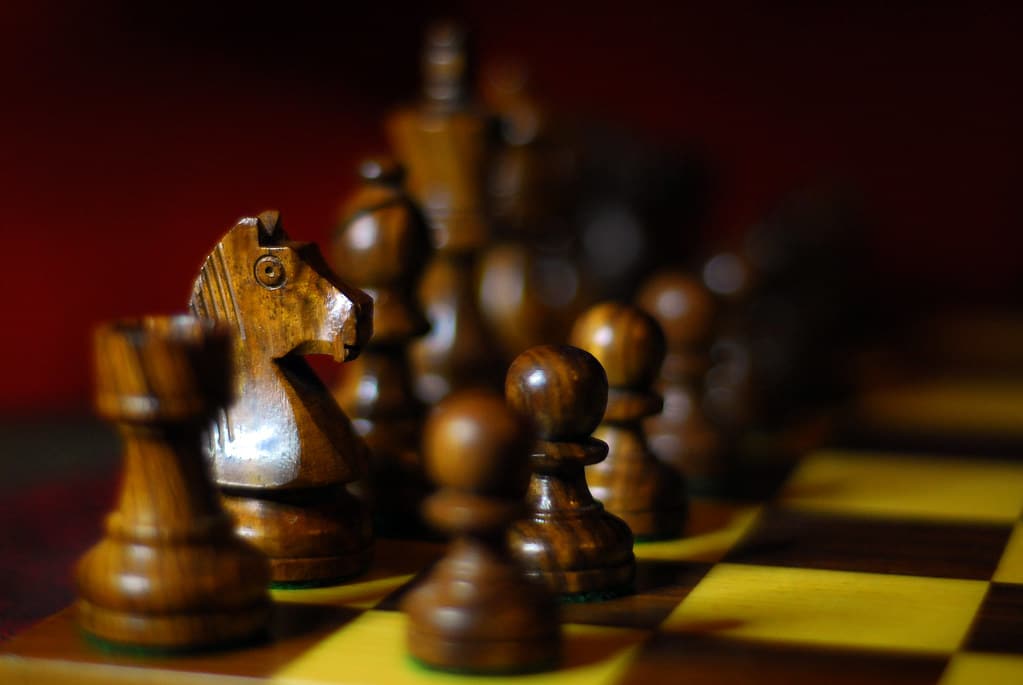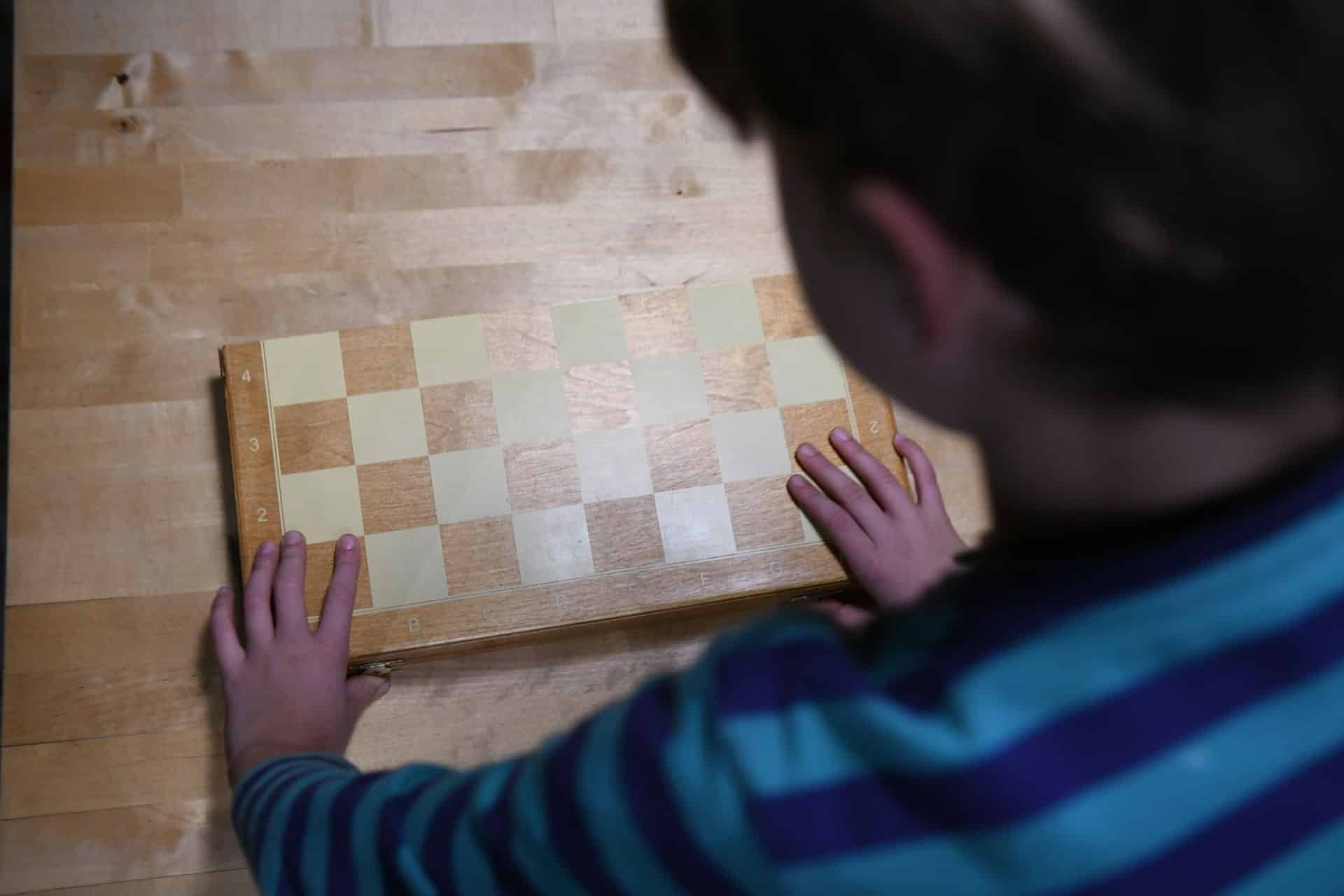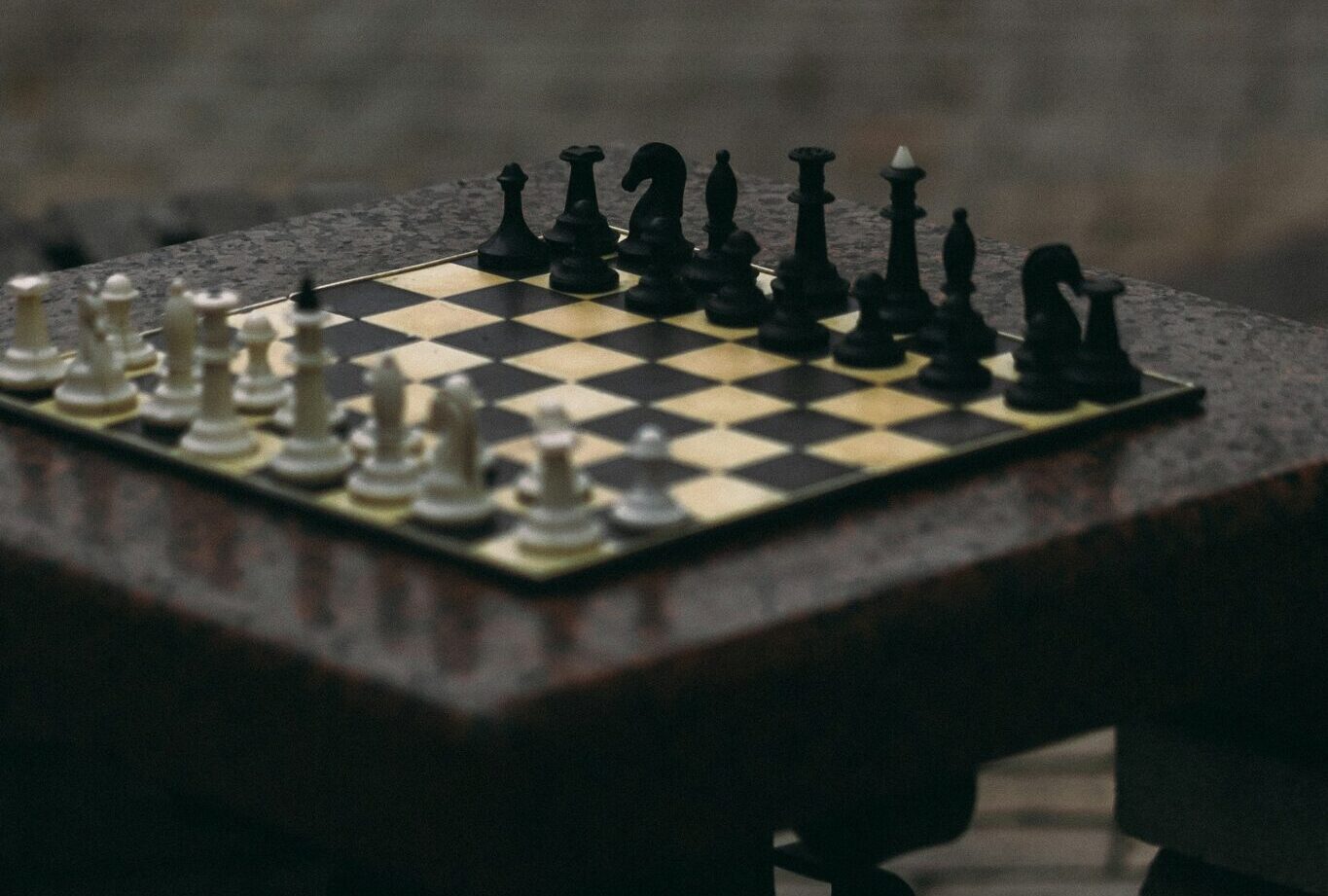Table of Contents
How to win a chess game without book moves?
His chess theory has been given too much value in the chess competition world. Like everything, this has a good part, but is not accurate, and is not the best conception for chess players.
Of course, chess theory has a good value for all players, it gives confidence and prepares you for the competition. But many people tend to give more importance than what it really deserves.
There must be a special and personalized way to train chess openings or any kind of chess knowledge. Having good preparation in chess is one of the most important steps to chess improvement.
However, the answer is not actually in studying the chess opening theory, and there are better methods.
We could also mention the existence of some myths and beliefs that are completely wrong about chess openings. Others may not be totally wrong but definitely need improvement.
We are going to see the correct way to study chess opening and how important really is the opening theory and book moves. This post is intended for any player on the amateur level who doesn’t really know how to treat openings.
Playing the unexpected
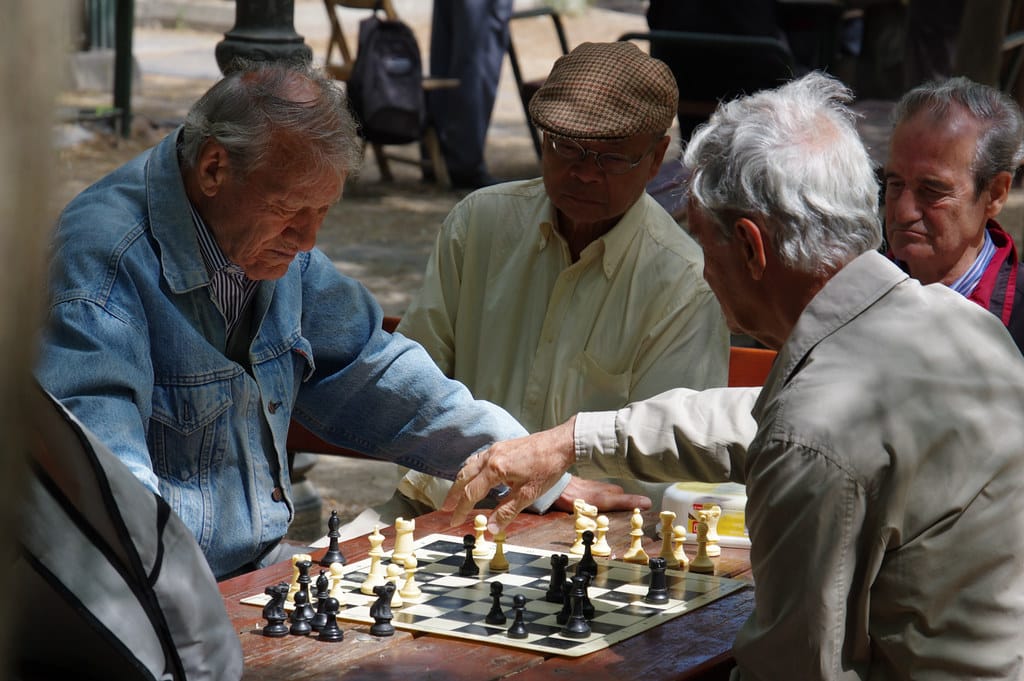
Playing the unexpected is the best way to avoid the usage of book moves by chess theory. This can report to you many advantages and wins over other games, even against higher-rated players.
By playing the unexpected we mean playing out of the opening book theory, with no fear and no hesitation. Don’t be afraid to experiment on the board, you can win a game without following the theory a lot.
This could even mean an advantage for you because playing like this produces a psychological impact on your opponent. Your opponent will feel out of the element once he sees the move that has been played on the board.
It’s the same effect that produces the chess 960 in every chess player when they see it for the first time. Chess is a game that is highly related to patterns and experience, this can't be learned by chess theory.
So, playing the game out of the normal patterns will produce confusion on your opponents, which gives you a great advantage.
The truth is that we tend to copy everything we see on the chess elite, and we don’t understand we are not at that level. At the top-level chess competitions, chess opening theory plays a fundamental role in general.
To the point that you won’t even be able to have a game with winning chances if you don’t know the theory.
This is a reality that has been taking over the high-level competition frame of chess. However, this is not the case when it comes to amateurs.
This happens in games between players rated over 2700 ELO, which is considered the chess elite. But not everyone knows lots and lots of theory like 2700 rated grandmasters. Unless you are playing Magnus Carlsen, you won’t need to know that great amount of theory.
Understanding opening ideas
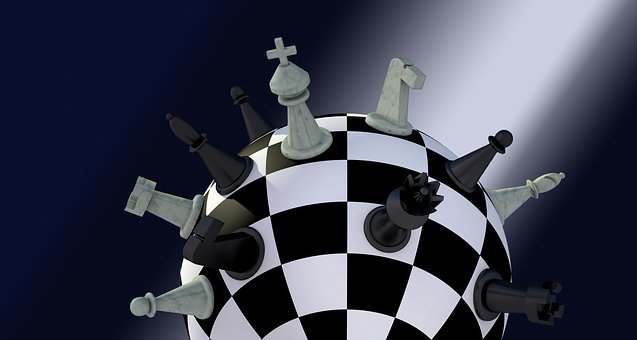
Even better than studying pure chess theory, we recommend you study the chess plans and ideas instead. The best way to do this is by reviewing games often and actually analyzing them.
Every opening has traditional ideas that you will be able to apply in almost any position that comes from that opening. Or you can also study the pawn structures, which is another great strategy to learn.
Not necessarily you have to apply a deep analysis about a certain topic, but simply catching the main ideas. This will be more than enough to improve in chess and have good results.
Remember, you need to lower the bar, you are not an elite chess master yet, don’t try to train like them, you are not them. With a quick and simple opening study of the first 15 moves and maybe three or four variations, it will do.
Chess opening theory is highly overvalued in the chess community in general, and actually is not that important.
Why do we study the chess book moves?
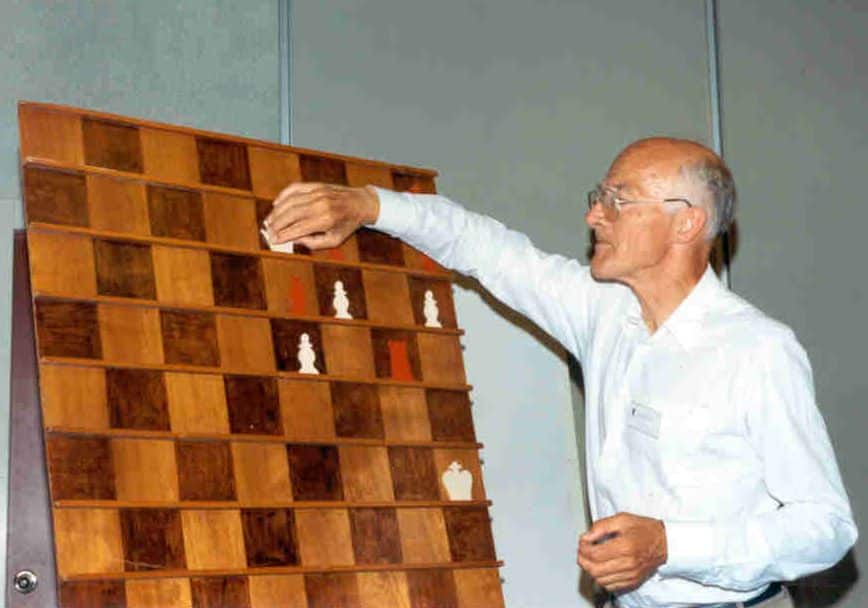
In reality, most of the players usually forget what the “theory” is actually about, it has been taken to the next level over the years. The opening book moves were created to secure the middle game.
It’s like a pretty generalized way to define chess openings based on results and stats. All with the clear objective of preparing a good middle game and securing a good plan with chances.
But as long as you are sure that you will have a good middle-game plan you know your opening choice was correct. People take it too seriously, and the reality is that all the chess factors, including computers’ analysis, are extremely relative.
You have to rely on your own analysis and your own appreciation and that is what will make you stand out over other chess players. It’s quite easy to follow other peoples’ strategies, and that’s what pretty much everyone does.
But few are actually able of producing their own plans with their own style. That’s what you should be aiming for to become a better chess player.
Reviewing elite games
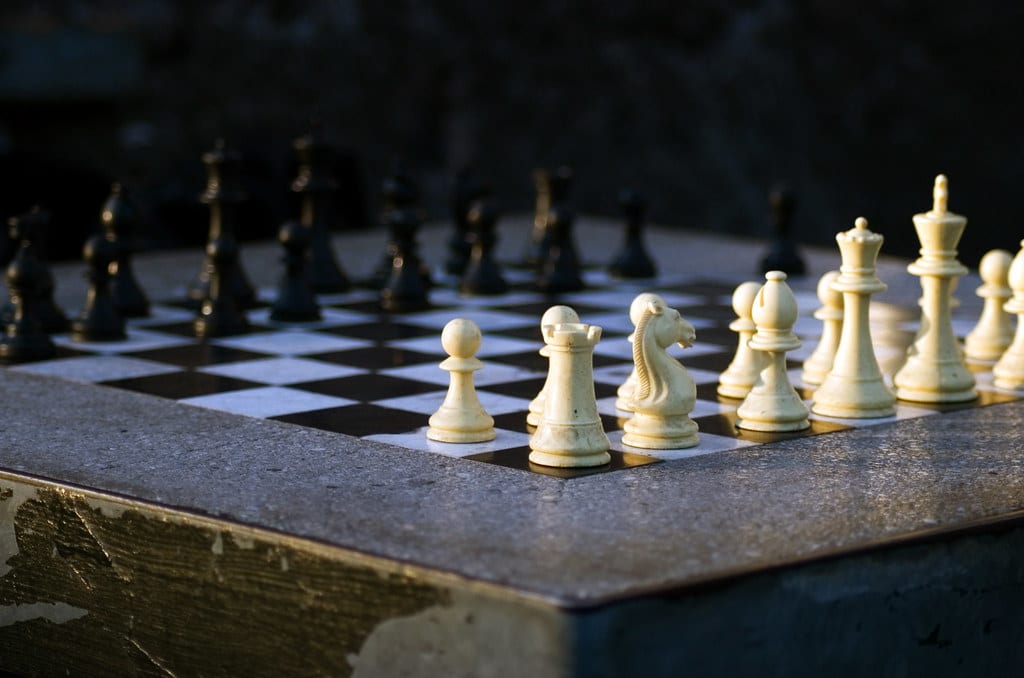
We said the best way to learn chess theory, more like chess ideas, plans, and patterns that you can use practically. A good method to achieve this is by reviewing top-level players’ games.
This is a good reference to watch patterns and great ideas to use, or even adapt to your games. Learning new patterns is the best way to create your own, of course, this will take time.
Many great players, including some elite players, have to review games as a regular practice to do, and it gives great results.
A good alternative to this, as we always mention in this kind of post, is to watch it on YouTube with analysis. You can find pretty much every game on the internet, but remember to analyze it on your own every once in a while too!
You may also like:

